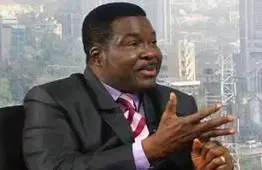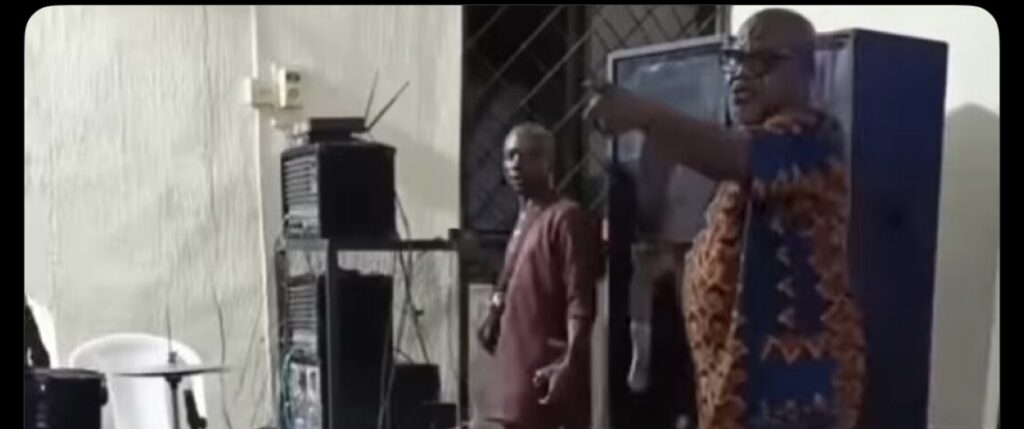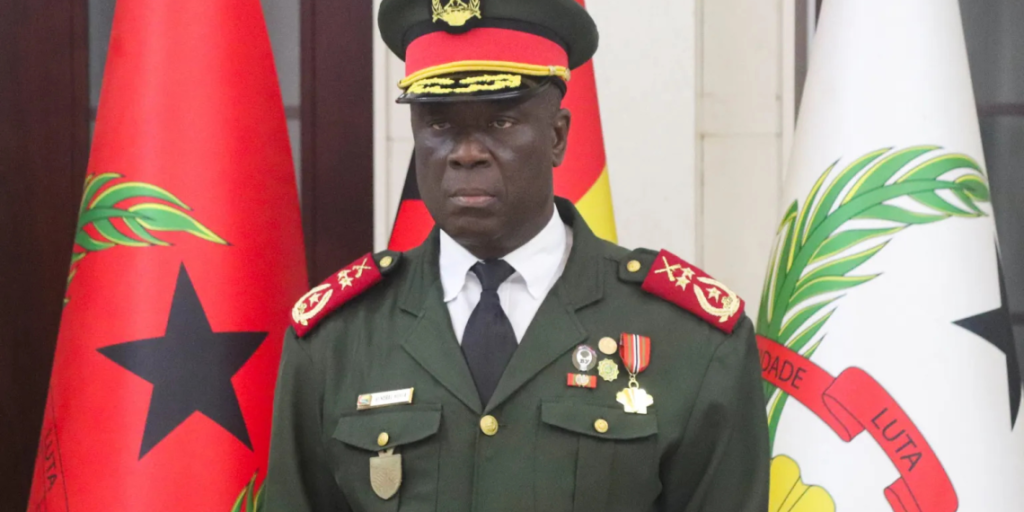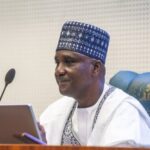Ozekhome, Adegoke Differ on Osun Local Government Election

The ongoing crisis rocking the administration of Local Government Councils in Osun State has taken a new turn as two Senior Advocates of Nigeria (SANs) have taken opposing legal positions over the legitimacy of elected council officials.
The crisis, which has entered its fourth month, has effectively crippled governance at the third tier of government in the state, with rival Peoples Democratic Party (PDP) and All Progressives Congress (APC) officials laying claim to the 30 council secretariats and the Area Office.
The Nigeria Union of Local Government Employees (NULGE) has also shut down operations across all local councils since February 2025, exacerbating the situation.
In a recent development, Professor Mike Ozekhome, SAN, has argued that the Appeal Court judgment of February 10, 2025, did not issue any consequential order reinstating the sacked APC officials.
In a letter dated June 23, 2025, addressed to the Attorney-General of the Federation, Lateef Fagbemi, and copied to the Central Bank of Nigeria (CBN) and various security agencies, Ozekhome maintained that the PDP officials elected on February 22, 2025, remain the legitimate officeholders.
However, Kunle Adegoke, SAN, counsel to the APC council officials, has strongly disagreed with Ozekhome’s position. In a letter dated June 26, also addressed to the AGF and relevant authorities, Adegoke insisted that the Appeal Court judgment remains valid and reinstated the APC officials.
The two senior advocates have presented differing interpretations of the Appeal Court judgment, with Ozekhome arguing that it did not pronounce on the propriety or otherwise of the election, rendering it a mere academic exercise. Adegoke, on the other hand, contends that the Appeal Court not only struck out the Federal High Court judgment but ruled in favour of the APC on its merit, dismissing the PDP suit as speculative.
The legal battle between the two senior advocates has further deepened the impasse at the local government level in Osun State, with both parties claiming legal backing and council operations remaining shut.
The fate of grassroots governance in the state hangs in the balance, as the crisis continues to affect the delivery of essential services to the people.
As the situation continues to unfold, it remains to be seen how the authorities will resolve the crisis and restore normalcy to the local government councils in Osun State.
The people of the state can only hope that a solution will be found soon, to enable the councils to fulfill their constitutional responsibilities and provide the necessary services to the citizens.








